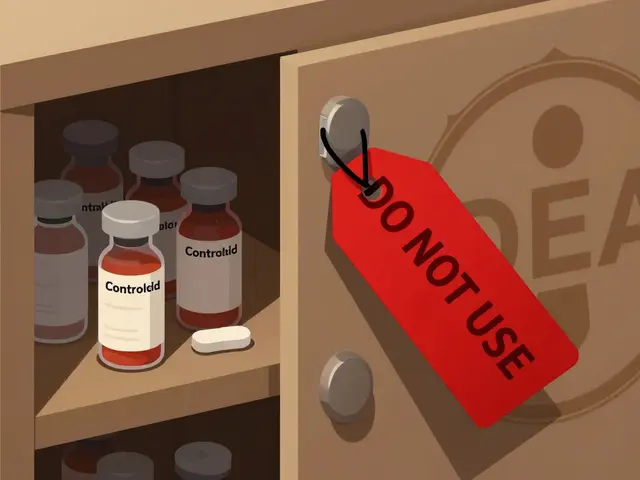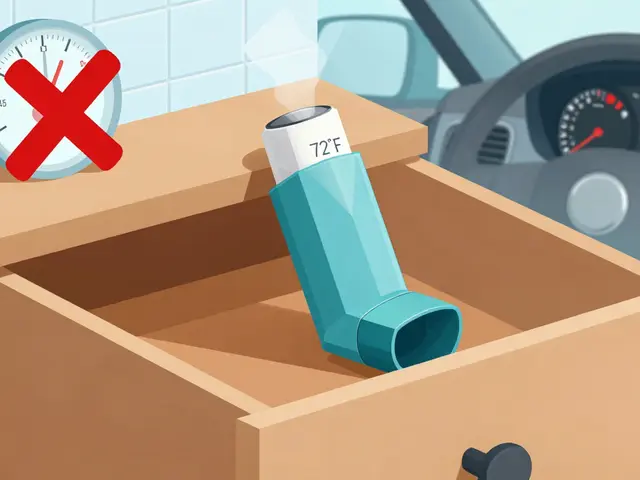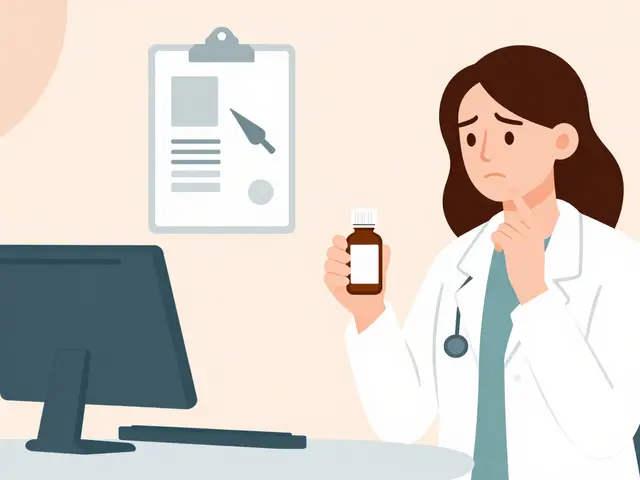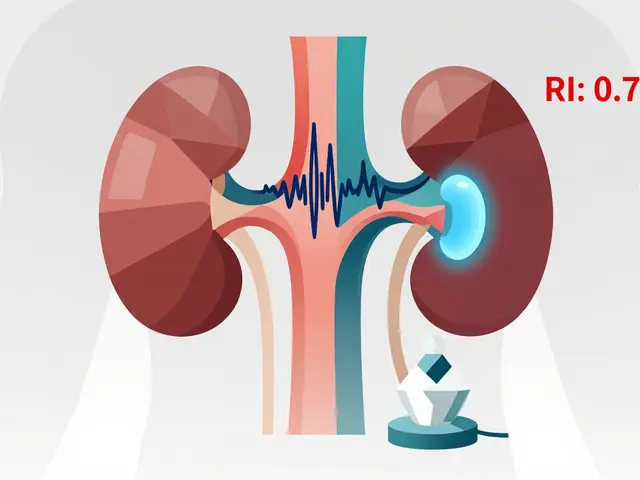Vaccinations: what to know and what to do right now.
They protect you and others from serious infections and can prevent hospital stays. Find your immunization record today paper card or patient portal. If you cannot find it, call your clinic; they can check records or plan a safe catch up schedule.
Kids follow a routine schedule to cover measles, mumps, rubella, polio, hepatitis, and whooping cough. Teens need HPV and meningococcal shots on time. Adults should get a flu shot every year and tetanus boosters about every ten years. Older adults may need shingles and pneumococcal vaccines depending on age and health.
Some vaccines use weakened live germs, some use killed parts, and some use new mRNA technology.
If your immune system is weak, timing and vaccine choice matter ask your provider. Common side effects are mild: sore arm, low fever, and feeling tired for a day or two. Serious reactions are rare but clinics keep staff and medicine ready to treat them. Stay for observation for about 15 minutes after a vaccine if you have had allergic reactions before. If you get high fever, trouble breathing, fainting, or a fast spreading rash, seek emergency care right away.
Keep vaccine records in two places a paper card and a photo or digital copy on your phone.
Set calendar reminders for follow up doses so you do not miss the timing that matters. Travelers should check destination vaccine rules and get needed shots four to six weeks before departure. Pregnant people should ask about flu and Tdap during each pregnancy to protect the baby. If you are on immunosuppressive drugs, have cancer, or are HIV positive, your doctor will adjust timing or skip certain live vaccines. Worried about safety claims online? Check national public health sites, WHO, or ask your clinician for sources.
Shop for vaccines and related medicines from accredited clinics and verified pharmacies only. If you buy meds online, use a pharmacy with a license, clear contact info, and require a prescription. Talk with your provider about questions specific to your age, job, pregnancy, or health conditions. Staying up to date with vaccines is a simple way to protect yourself and people you care about.
Keep a copy of vaccine dates when you start a new job, enroll in school, or plan long travel so you can show proof quickly. Parents, schedule vaccines at the same visit when possible to reduce clinic trips and make follow up easier. Ask the clinic how they store vaccines and confirm they follow cold chain rules for temperature sensitive shots. If you have a needle fear, tell staff many clinics offer distractions, numbing cream, or smaller needles. Keep talking to trusted health sources and update your plan each year, especially before flu season and big trips.
If one provider cannot help, try a local public health clinic they often offer free or low cost vaccines and guidance. Protecting yourself with vaccines is fast, safe, and saves lives. Book your appointment this week.
In my latest blog post, I delve into the crucial subject of Ankylosing Spondylitis and vaccinations. I discuss the importance of immunization for individuals with this chronic inflammatory arthritis, as they may have a higher risk of infections. I also cover the various vaccines recommended and how they interact with the immune system, especially when on immunosuppressive therapy. It's crucial to note, always consult with your healthcare provider before making vaccine decisions. Stay informed and safe, because managing Ankylosing Spondylitis goes beyond just pain control.
Continue reading...





